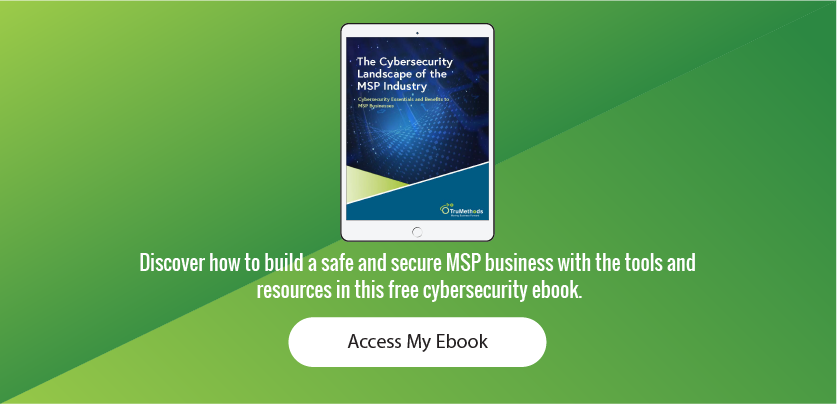When it comes to keeping clients’ data secure in the face of increased ransomware attacks, cloud backup can provide a significant value. Properly configured, housing redundant data in the cloud can help an MSP’s customers weather cyberattacks with confidence that they can quickly and easily restore their data in the event they get locked out of their files and folders.
However, clients often don’t see the value in leveraging cloud backup for cloud applications such as Microsoft Office 365. That’s because they may not be aware of the limits of Office 365 backup capabilities or the importance of housing their data in a secondary location separate from their primary servers (cloud or on-premises).
SMBs may also not fully grasp just how vulnerable they are in the current cybersecurity climate.
For example, smaller companies are increasingly the target of ransomware and other attacks precisely because they often lack dedicated security personnel and technology resources.
For MSPs to succeed in selling cloud backup services, it is important to clearly articulate the following to clients during the sales process:
- First, clients may think that their data is protected via existing applications and processes. For instance, Microsoft Office 365 does offer some redundancy, but the built-in retention period is only 93 days for email and 30 days for SharePoint and OneDrive files. Many clients don’t understand that their data is discarded within a few months. Office 365 also has limits on data storage. As such, Microsoft recommends that customers regularly backup their content and data using a third-party application. Adding a cloud backup service can augment any limitations from the vendors. Similarly, clients who subscribe to archiving services for compliance purposes may mistakenly think that their backup needs are already being met. However, archiving typically only preserves data needed to meet regulatory requirements; other files and data aren’t held in those archives.
- Next, lay out the value in backing up all the client’s business-critical data. For example, folders and files in OneDrive and SharePoint can be deleted or changed accidentally. Having a cloud backup can ensure the valuable data can be easily restored and provide access to quickly again. For some solutions, this rings true even if an employee is no longer with the organization and their Office 365 license is removed.
- Explain the value of cloud backup in the context of current cybersecurity threats. Ransomware and other attacks are increasing, and SMBs are finding themselves in the crosshairs. Email-based attacks remain the most common method criminals use to gain network and application access. Ransomware attacks can lead to days or weeks of downtime and significant financial losses, along with the cost of paying the ransom when necessary. A cloud-based backup provides an additional layer of security and assurance that the data can be restored in the event of an attack.
- Emphasize the ease of use from the client’s perspective. The MSP is responsible for backing up and restoring data from the cloud, saving a significant amount of time and resources for the client. Furthermore, the MSP does this at significantly less expense than the potential costs associated with a cyberattack.
- List the additional benefits of cloud backup. These include having a reliable backup of all critical data that can be quickly restored and accessed from anywhere, improved regulatory compliance, and eliminating data management bottlenecks.
- Provide real-world examples of how cloud-based backup could help avoid ransomware disasters. Of course, there’s no shortage of high-profile instances of costly attacks, but MSPs can also use examples from their client base (provided they eliminate identifiable details).
Closing Thoughts
Backup and disaster recovery are bread-and-butter IT services, but they have gained significant importance as ransomware attacks have grown to epidemic proportions. Cloud backup protects against a real and imminent threat to SMB clients while simultaneously reducing the data management burden on their already stretched IT resources.
By making a strong case for leveraging the cloud to back up Office 365 and other data, MSPs can create real value for their clients while initiating conversations about other security solutions that can be implemented to develop a holistic cybersecurity environment.
Scott Bennett is Senior Director of MSP Sales for Barracuda MSP, a provider of security and data protection solutions for managed services providers, and he plays a key role in the development and growth of partner relationships.



